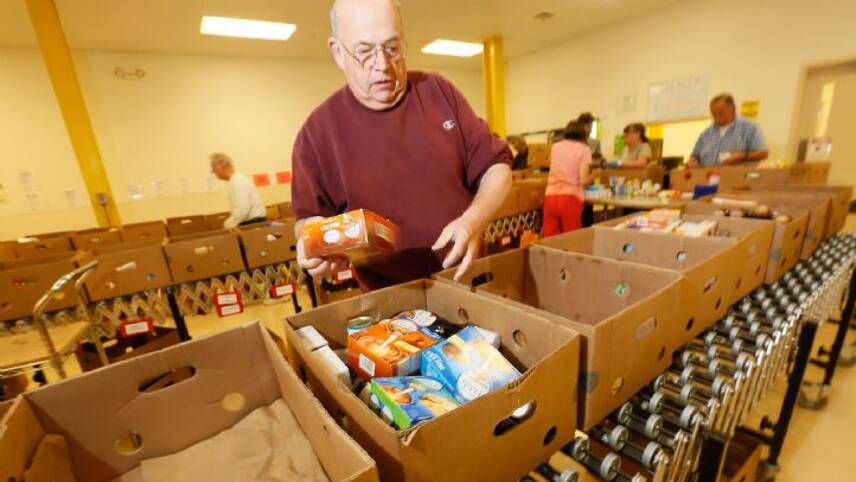Register for free and continue reading
Join our growing army of changemakers and get unlimited access to our premium content

In its report
Food insecurity in the UK in “significant and growing”, according to the Government’s green watchdog, with levels among the worst in Europe. Children are most affected, the Environmental Audit Committee (EAC) warns, with 19% of under 15s living with an adult who is moderately or severely food insecure.
The findings come as part of a new report, published by the EAC today (10 January), which focus on the UK’s commitment to deliver Sustainable Development Goal (SDG) 2: Zero Hunger. MPs are calling on the Government to appoint a Minister for Hunger, to ensure cross-departmental action on this issue.
EAC Chair Mary Creagh Said: “Many of us are still recovering from Christmas excess but the sad fact is that more children are growing up in homes where parents don’t have enough money to put food on the table.
“The combination of high living costs, stagnating wages and often, the rollout of Universal Credit and the wider benefits system, means that levels of hunger in Britain are some of the highest across Europe. We found that nearly one in five children under 15 are living in a food insecure home – a scandal which cannot be allowed to continue.”
‘Urgent action’
In its report, the EAC highlights how food insecurity can lead to both malnutrition and obesity, with people forced to rely on the very cheapest foods, which are often nutrient-rich but calorie poor.
MPs are concerned that the Government’s obesity strategy makes no mention of food insecurity. Indeed, only the Department for International Development (DFID) mentions hunger in its Single Department Plan.
A new Minister for Hunger should engage with civil society to examine the causes and impacts of food security in the UK, the EAC states. It should also implement strategy for improvement and monitor progress.
Creagh continued: “Instead of seeing hunger as an issue abroad, the Government’s New Year resolution should be one of taking urgent action at home to tackle hunger and malnutrition. This can only be addressed by setting clear UK-wide targets and by appointing a Minister for Hunger to deliver them.”
Experts have expressed doubts about the UK’s ability to achieve SDG 2, which aims to end hunger by 2030. In response, the Government recently spent £15m on a new initiative aimed at redistributing almost £1bn worth of food waste from supermarkets, other retailers and manufacturers.
Sections of the business community have stepped up efforts to reduce food poverty. Last year, major premium food supplier Cranswick launched a new collaborative initiative which will see it use a food sharing app to “go beyond redistribution” in its bid to combat food waste and hunger issues in Hull.
The Co-op, meanwhile, has formed a partnership with food redistribution scheme The Real Junk Food Project, in a bid to reduce its food waste output while tackling hunger in Leeds.
George Ogleby


Should this not say "nutrient poor but calorie rich"?